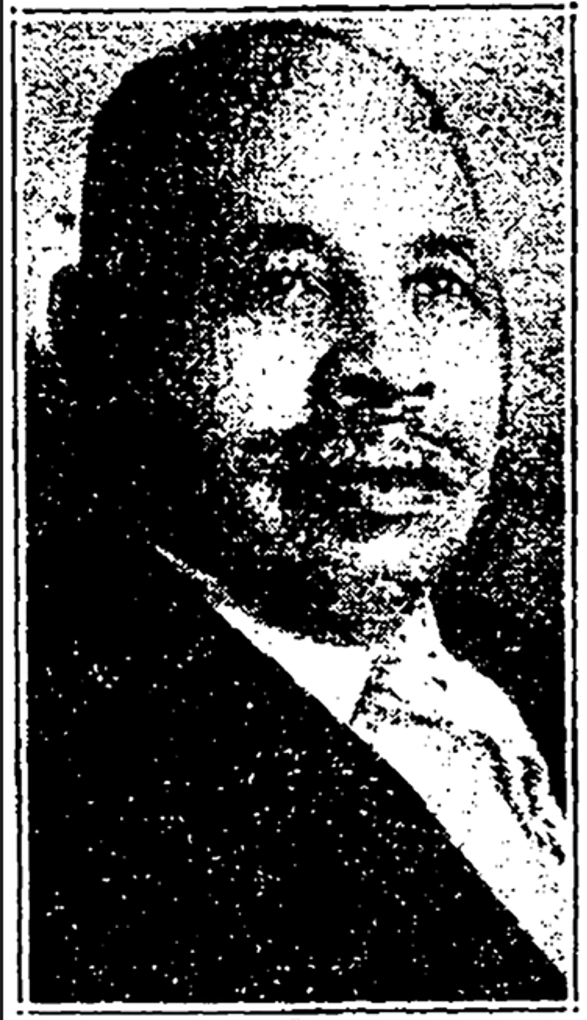Clay County Histories
Markus Krueger | Program Director HCSCC
In the late 1800s, newspapers around the country wrote articles about “Lime Kiln Clubs.” The clubs never actually existed. These articles were racist mockeries of African Americans in their community. The premise was local Black men formed a fraternal social club with a president, treasurer, Robert’s Rules of Order, etc., and what followed was a string of lies and racist jokes that paint the club members as unintelligent. We don’t find them funny today. We find them shocking, sad, and embarrassing. In October of 1885, Fargo newspaper The Argus released four Lime Kiln Club that might have had national repercussions and even a happy ending.
The first two articles entitled “Fargo Lime Kiln Club” that ran in The Argus on October 9 and 13 are actually the opposite of the ugly cliché formula. They are real and sympathetic portrayals of local men and women of Fargo-Moorhead’s original African American community. A sample of some language: “…nearly all are well known and respected citizens…” “Among the old timers of Fargo is probably J. F. Taylor, the energetic and worthy proprietor of the First National Bank barber shop, who was a pioneer.” “Angelo Jennings…captured a pretty New Orleans brunette, the marriage taking place at the residence of Mail Agent Gray.” “…Professor Gordon, the celebrated tonsorial artist [barber] of Moorhead.”
The October 18 article, however, was pure racist garbage. Local names were plugged into racist stereotypes that populate a story with no basis in truth about a club that did not exist. According to a rival newspaper, The Moorhead Daily News, this article naturally caused anger among Fargo-Moorhead’s African American community, and a dozen men showed up to The Argus office the next morning to complain. The Moorhead article mocked the staff of The Argus, portraying them as cowards. “How many first class lies were necessary to save covering the floor of The Argus office with gore is not known by The News…”
I don’t know what transpired that day, but two things happened that lead me to believe that Major A. W. Edwards, the publisher of the Fargo Argus which would become The Forum, may have tried to make amends for that racist third article. First, that embarrassing Moorhead Daily News article ran word for word in The Argus the next day. Ouch.
As for the second…let’s fast forward eighteen years. Julius F. Taylor, a former Fargo pioneer barber mentioned in those articles, was the publisher of Chicago’s first African American newspaper, The Broad Ax. On March 21, 1903, he wrote in his paper that he just received good news about Major A. W. Edwards, “one of our oldest and warmest friends in the Northwest.”
“It was largely through the influence of major Edawards,” Taylor writes in the third person, “that the writer finally became interested in newspaper work. A way back in 1885, he first induced us to write an article for his paper, and from that time on…he urged and encouraged us to continue to practice the art of writing for the press to adopt a vigorous style of writing – that in time we might become an editor. Here it may be said that we feel what little success which we have met with in the newspaper world we owe it to the advice imparted to us by major Edwards, and it fills our heart with joy to learn of his appointment as Consul General at Montreal, Canada.” This is not the only time I have seen Taylor mention his friendship with Edwards as I browse The Broad Ax.
Was Julius Taylor already writing for The Argus when the racist article ran in October 1885? Was hiring an African American writer one of the ways Major Edwards appeased the twelve men in his office? Regardless of Taylor’s hiring date, Edwards gained a friend when he recognized Taylor’s talent. And Taylor, according to his obituary, would go on to be friends (or sometimes rivals) with presidents, senators, and the leading intellectuals of his lifetime.


